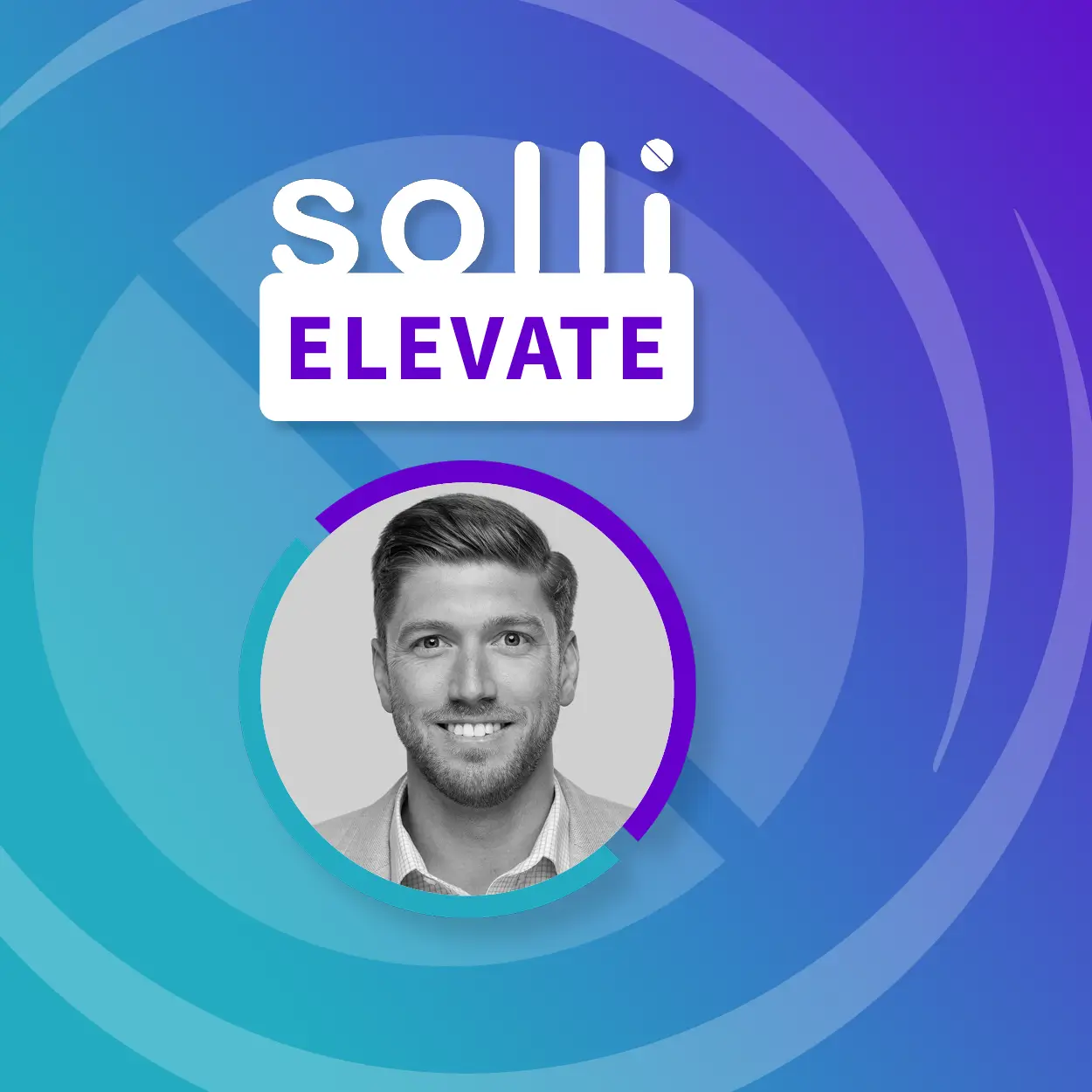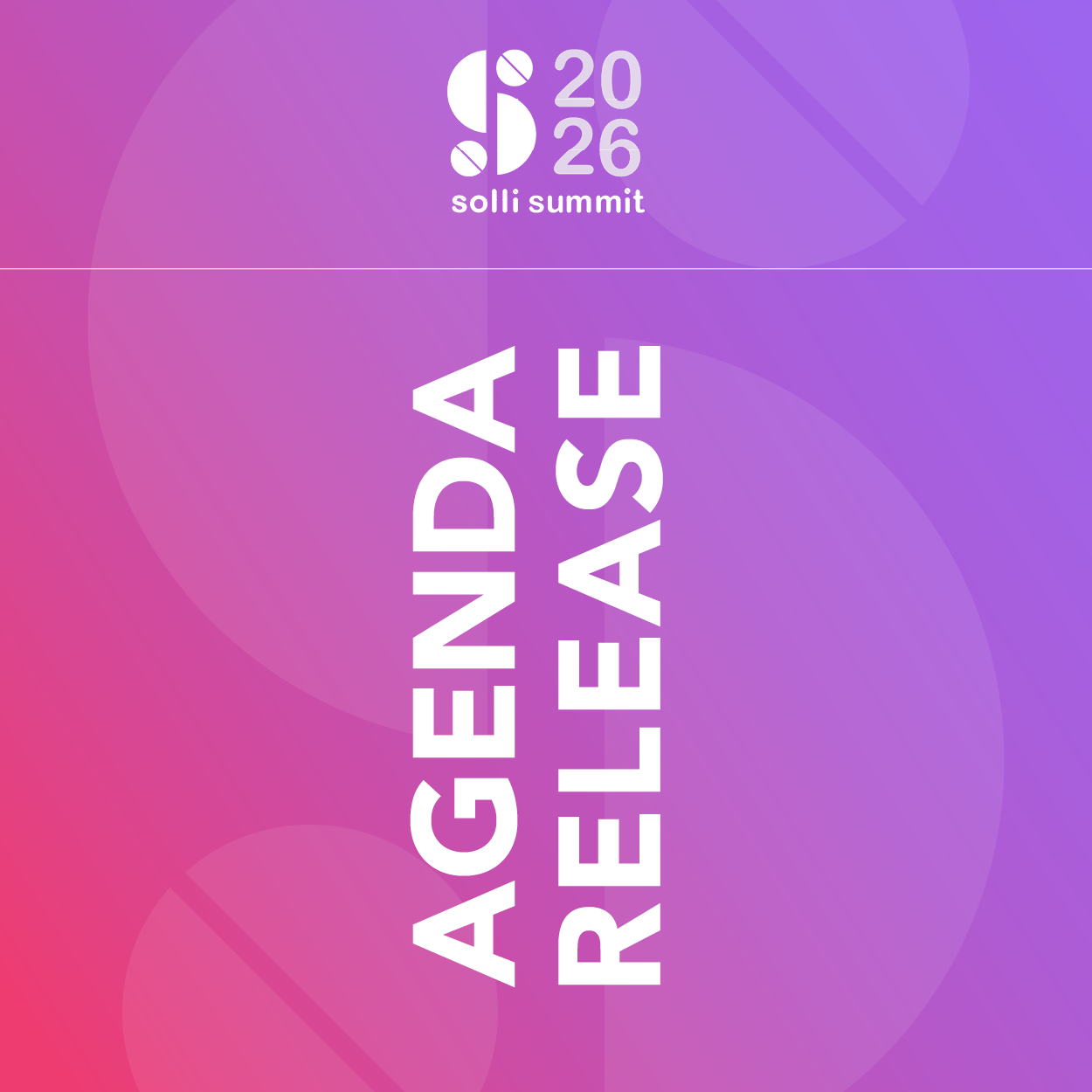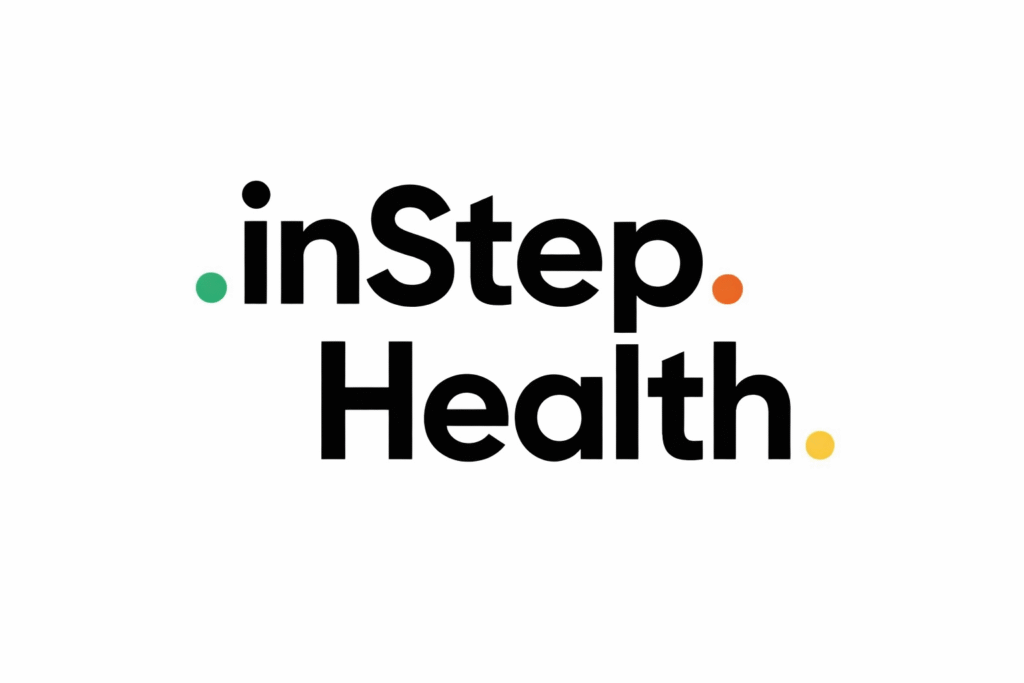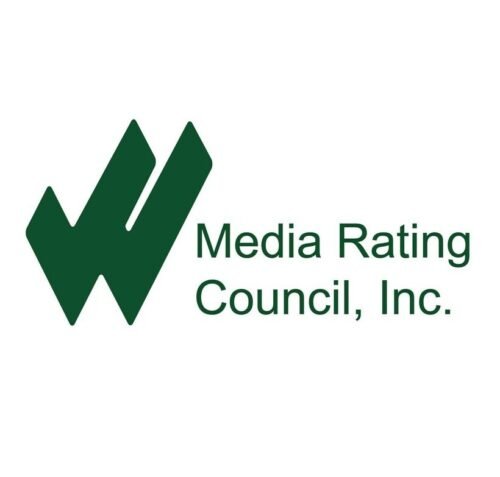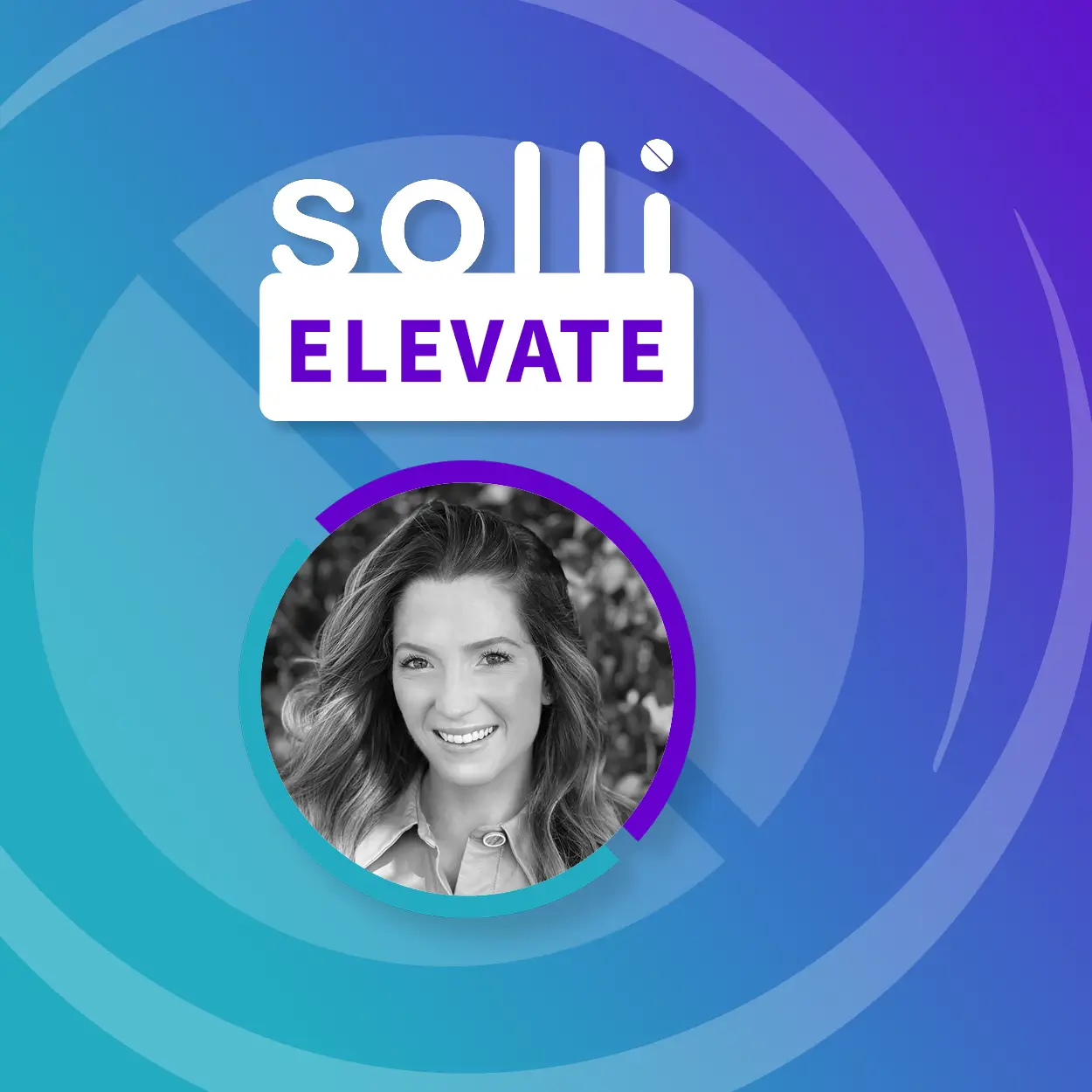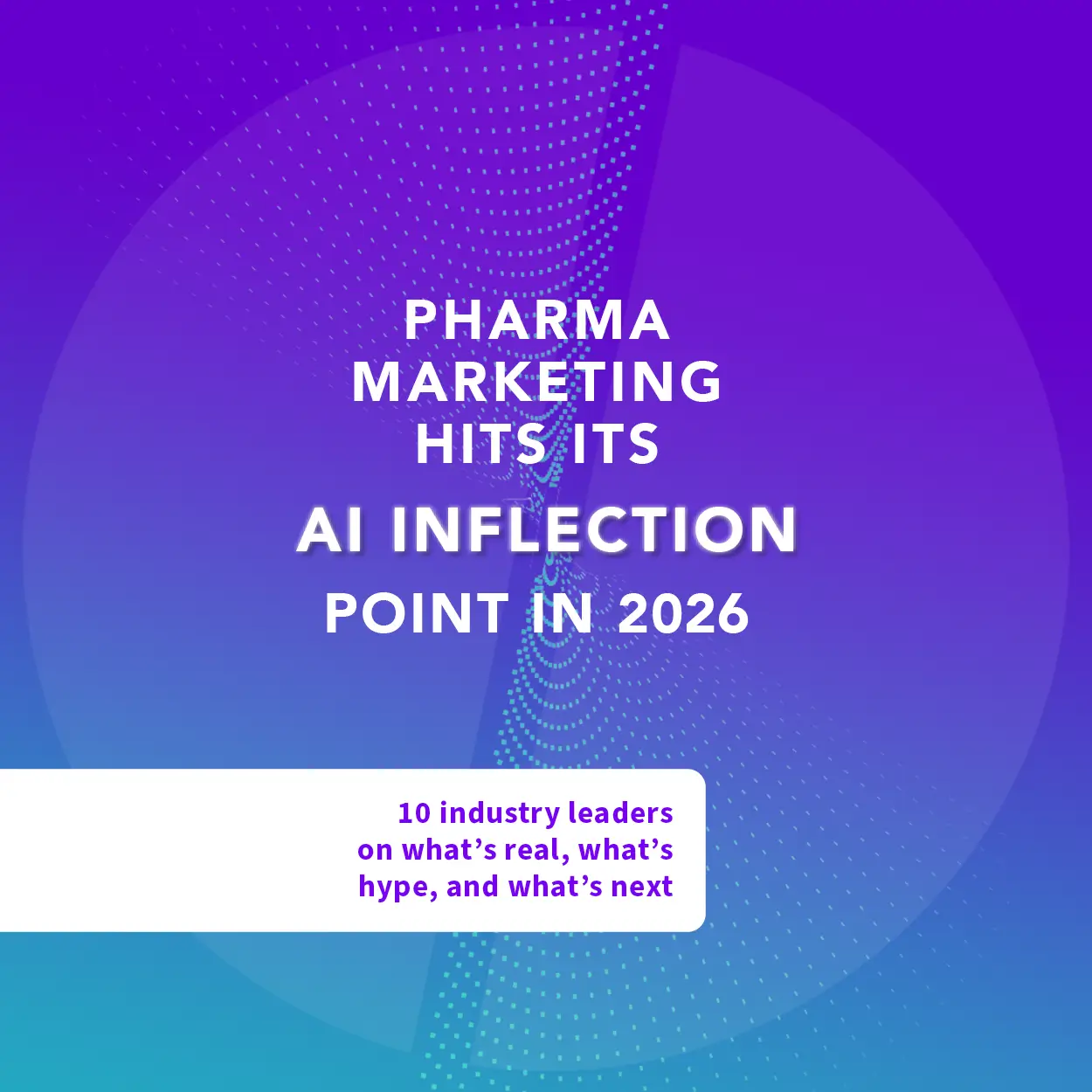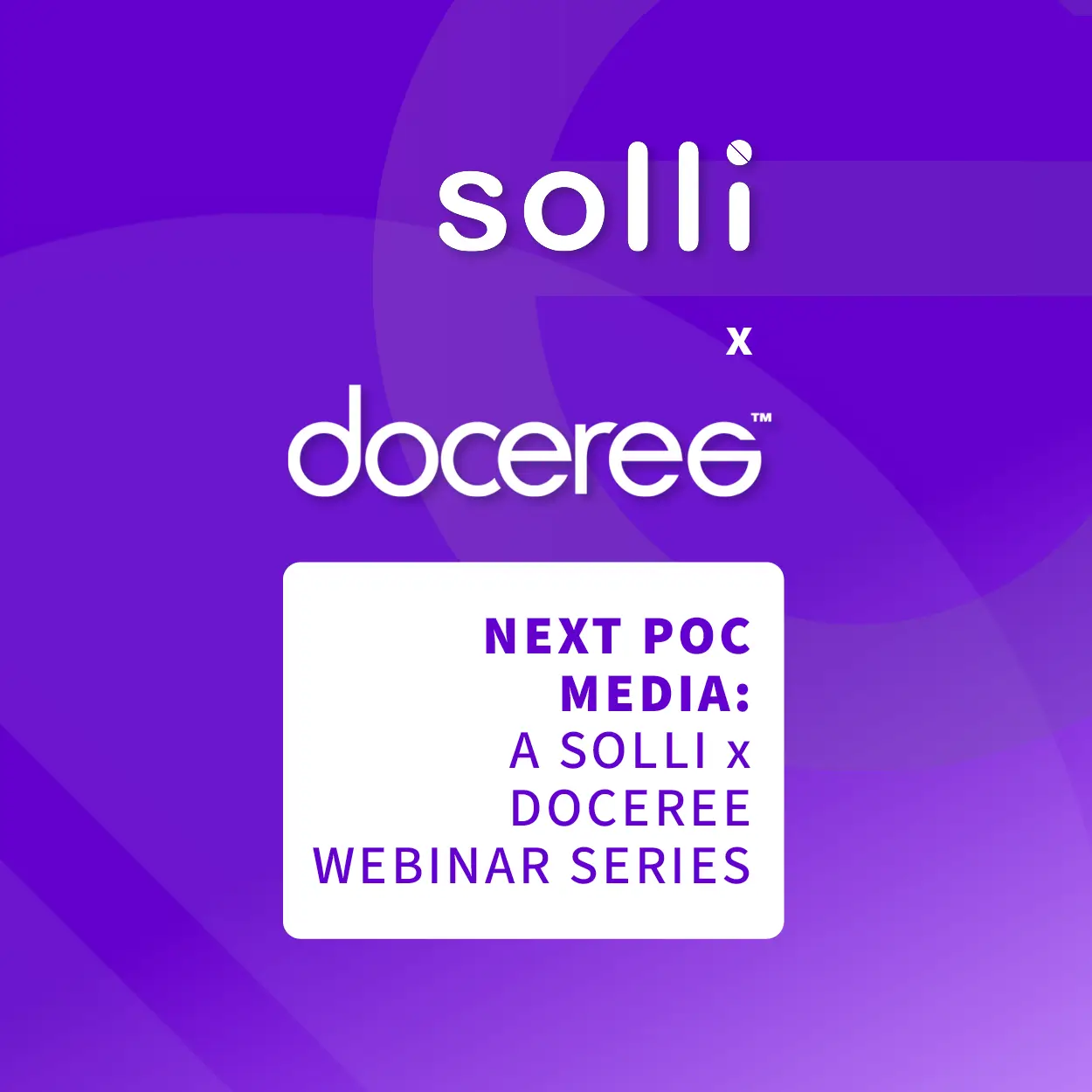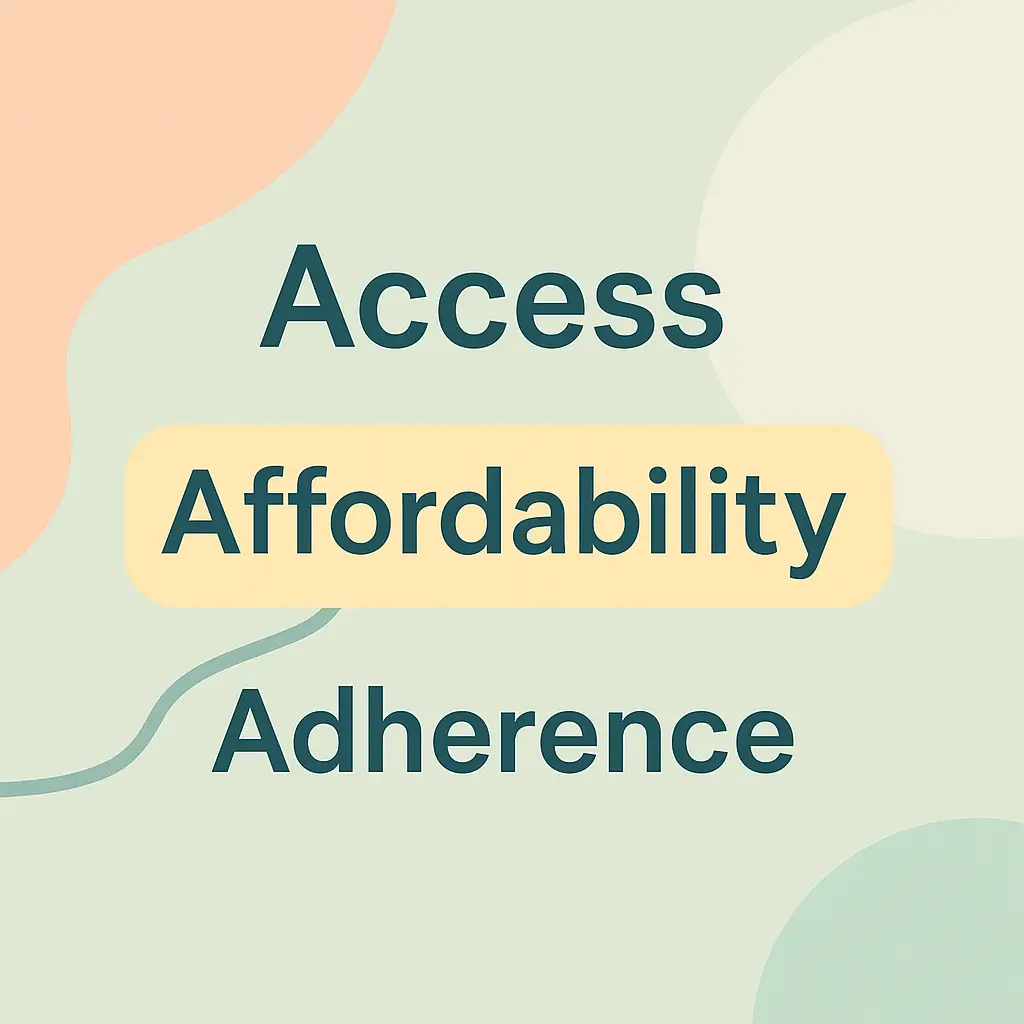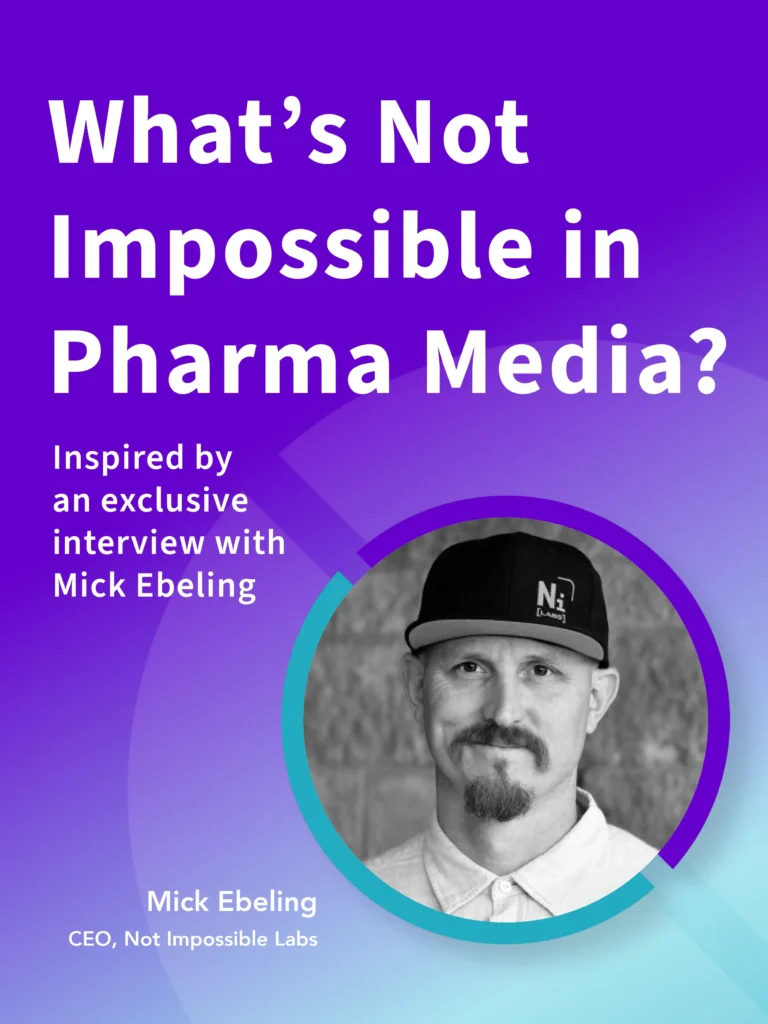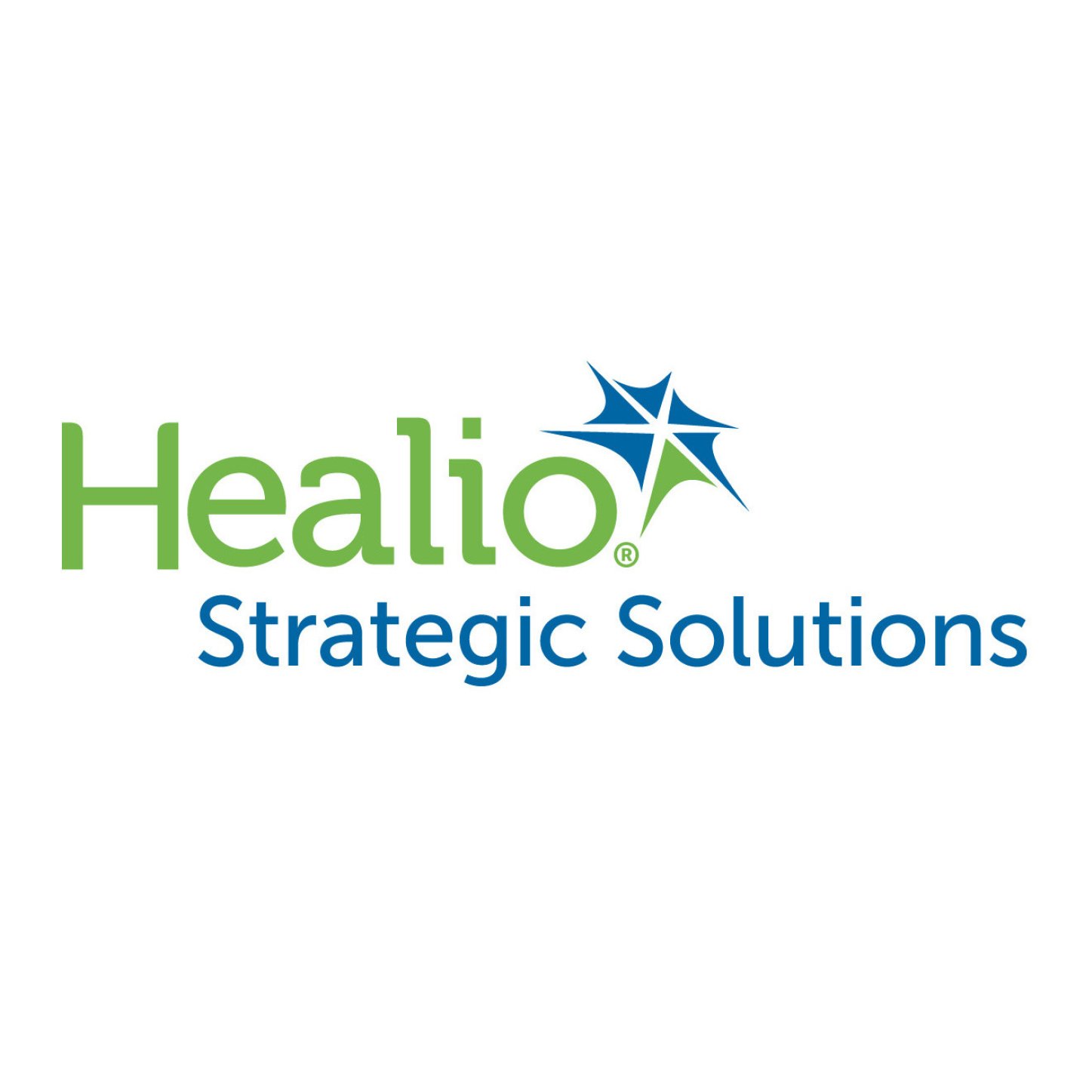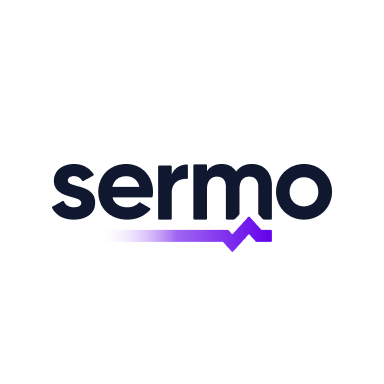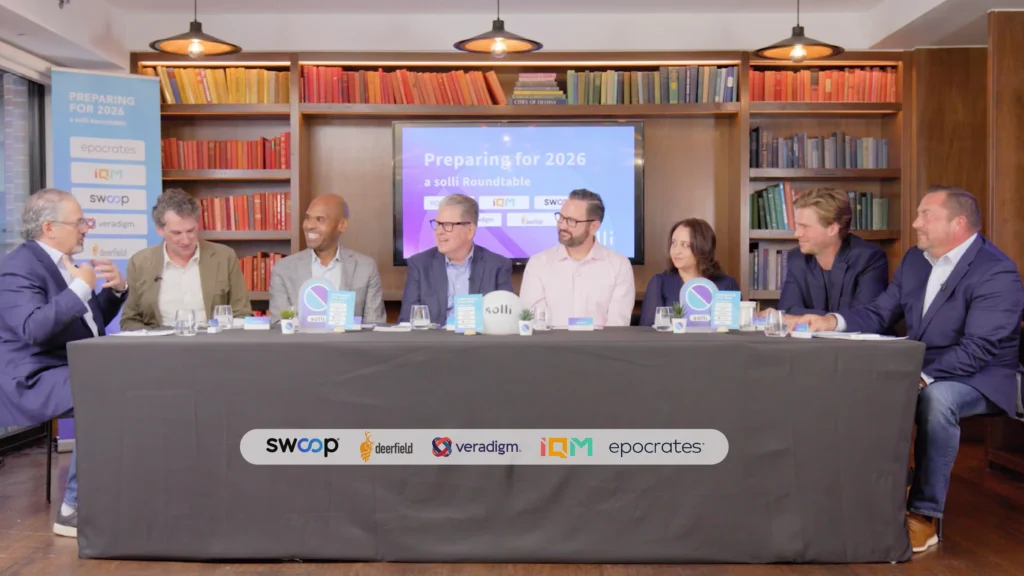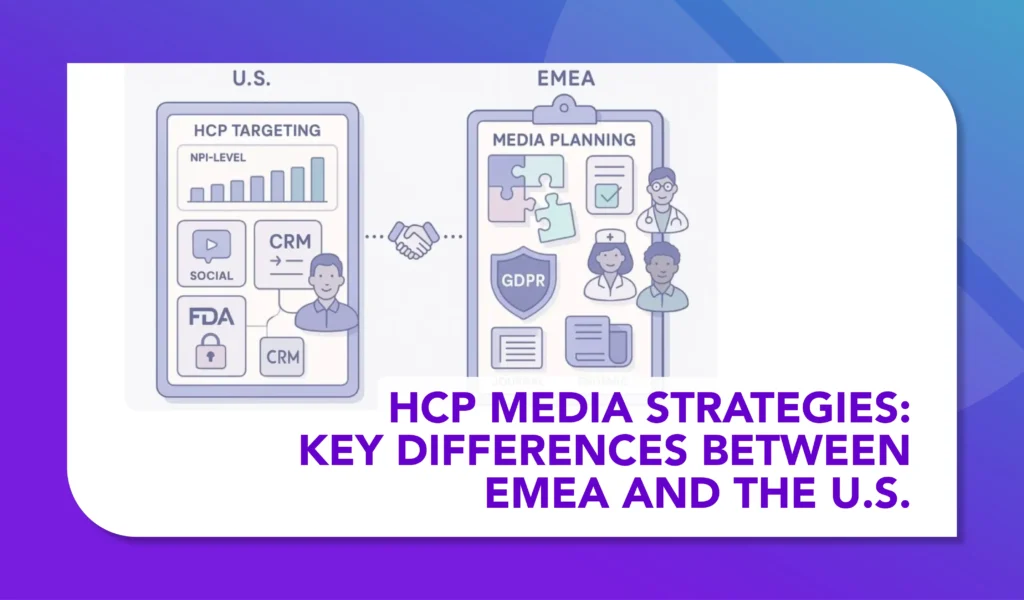From Podcasts to Courtside: Pharma Media’s Opportunities with US Black Audiences
Nielsen’s latest Diverse Intelligence report reveals the changing media habits of US black audiences

As the media landscape evolves, so too do the audiences that shape it. A new report from Nielsen’s Diverse Intelligence Series 2025 underscores the increasing influence of Black audiences across digital, audio, and sports media. With an estimated $2.1 trillion in buying power by 2026, Black consumers are not only setting cultural trends but also reshaping how brands connect with their audiences.
For the pharmaceutical and healthcare sectors, this represents both a challenge and a strategic opportunity. As brands look to engage diverse patient groups more effectively, understanding media consumption habits will be crucial to developing trust, driving awareness, and ultimately influencing healthcare decisions.
A Digital-First Audience with Outsized Influence
Nielsen’s findings highlight Black audiences as digital trendsetters, spending significantly more time on smartphones and social media than the general population. On average, Black adults dedicate nearly 32 hours per week to digital media, with social platforms like YouTube, Facebook, and Instagram ranking among their top sources for brand recommendations.
For pharma marketers, this trend reinforces the importance of social media-driven engagement. Traditional direct-to-consumer (DTC) advertising, while still valuable, must now integrate with digital-first strategies that leverage influencers, patient advocates, and AI-driven content to effectively reach and educate Black audiences.
However, Nielsen warns against an unchecked reliance on AI-generated content, citing a 60% rate of skepticism among Black respondents regarding AI-driven messaging. This presents a challenge for pharmaceutical companies investing in AI-based patient engagement tools—accuracy, authenticity, and cultural sensitivity must remain at the forefront to avoid alienating key demographics.
The Rise of Audio: A Trusted Channel for Health Messaging
Beyond social media, audio platforms are playing an increasingly influential role. 29% of Black listeners rely on podcasts for news and information, and they are three times more likely to be influenced by audio-based recommendations. This trend extends to radio, which still commands a weekly reach of 27.4 million Black adults—matching the reach of connected TV.
For pharmaceutical brands, this presents a valuable opportunity to reach Black consumers through trusted voices in podcasting and radio, particularly those focused on health, wellness, and patient advocacy. Nielsen’s research suggests that 50% of Black listeners are more likely to consider a brand mentioned by their favorite radio or podcast hosts—a potential game-changer for public health campaigns and pharma-sponsored educational initiatives.
Sports Media: An Untapped Pharma Opportunity
One of the report’s standout findings is the explosive growth of Black engagement with women’s sports, particularly basketball. Black fans are 4x more likely to express strong interest in the WNBA, and Black viewership of major women’s basketball events has surged by more than 200% year-over-year.
For pharma marketers, this signals an opportunity to align with sports sponsorships and athlete partnerships to build brand trust and health awareness initiatives. Sports commentators—who command high levels of engagement among Black audiences—could serve as powerful health advocates, whether discussing mental health, fitness, or chronic disease management.
Building Trust Through Representation and Inclusion
Despite their strong engagement across media, Black consumers remain acutely aware of brand authenticity. Nielsen’s data shows that 67% of Black Americans are likely to switch brands if their values are not reflected. For healthcare and pharma companies, this underscores the need for more than just representation—it demands meaningful community engagement.
A 2024 Nielsen survey found that Black consumers are the most likely to trust and purchase from brands that feature individuals from their identity group in advertisements. This reinforces the importance of:
- Featuring Black doctors, patients, and advocates in marketing campaigns.
- Developing culturally relevant messaging that acknowledges unique health concerns (e.g., higher prevalence of hypertension and diabetes in Black communities).
- Investing in Black-owned media and creators to drive genuine, long-term engagement.
The Future: A Data-Driven Approach to Inclusive Marketing
The report concludes with a strong call to action: brands that embrace data-driven, inclusive strategies will be the ones that win with Black consumers. For pharma marketers, this means investing in cross-platform measurement, AI-powered audience insights, and real-world patient engagement data to ensure campaigns resonate effectively.
By leveraging trusted media channels, community-driven content, and authentic brand partnerships, the pharmaceutical industry can not only improve health literacy but also drive stronger patient outcomes within Black communities.
As Black audiences continue to shape the future of media, those who recognize their influence—and invest accordingly—will find an engaged and receptive market eager to respond.
To access the full report click here.

